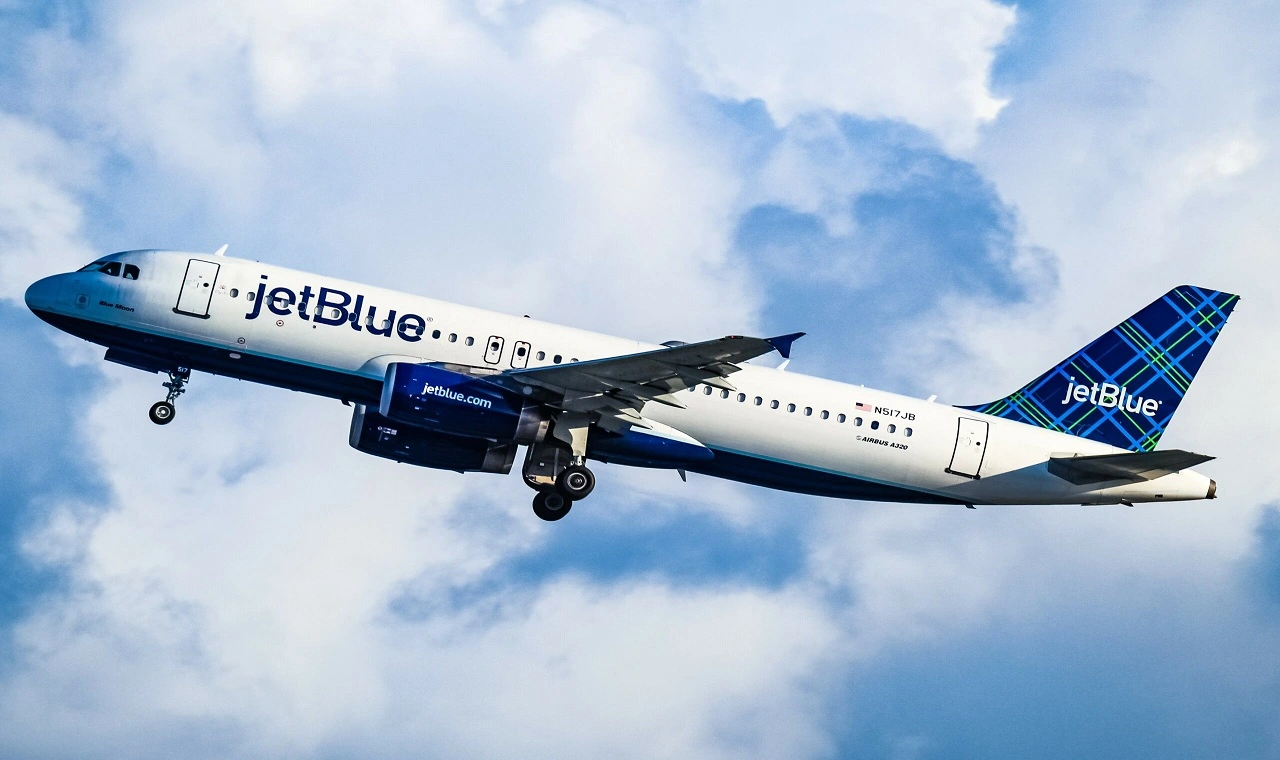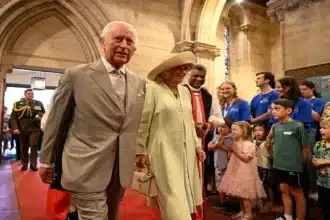JetBlue Airways and Spirit Airlines recently announced the termination of their merger agreement, a significant move following a federal antitrust lawsuit that posed a substantial challenge to the deal. This lawsuit, initiated by the Justice Department, argued that the merger would significantly reduce competition within the airline industry, effectively eliminating Spirit Airlines as a budget-friendly option for consumers seeking lower-cost travel alternatives.
The attempted merger was halted by a federal judge’s ruling in January, a decision that came after the Justice Department’s efforts to block the deal, citing concerns over its potential to stifle competition. Despite this setback, JetBlue and Spirit briefly pursued an appeal, a step JetBlue described as a contractual obligation under the terms of the merger agreement.
The market reaction to these developments was immediate and pronounced. Spirit Airlines’ shares experienced a sharp 17% drop in premarket trading following the announcement, while JetBlue’s stock saw an approximate 4% increase.
JetBlue CEO Joanna Geraghty characterized the merger attempt as a “bold and courageous plan” aimed at disrupting the industry status quo, positioning JetBlue to better compete with rivals like Frontier Airlines. Geraghty expressed that the merger would have accelerated JetBlue’s growth and expanded opportunities for its crewmembers. However, she acknowledged the significant obstacles posed by the federal court’s ruling and the continued opposition from the Department of Justice, which ultimately rendered the prospect of merger approval highly unlikely.
The termination of the merger leaves Spirit Airlines to address its financial challenges independently, amidst operational difficulties including the grounding of numerous Airbus aircraft due to Pratt & Whitney engine defects. Spirit anticipates compensation from the engine manufacturer for these issues.
Also Read- General Motors Expands Recall Over Faulty Tailgates to Include 820,000 Trucks in U.S. and Canada
Despite these challenges, Spirit Airlines remains optimistic about its standalone prospects. The airline has been actively working to refinance its debt and recently projected first-quarter revenue that exceeds analyst expectations, signaling a potential path back to profitability driven by stronger-than-anticipated demand.
As part of the termination agreement, Spirit Airlines received $425 million in prepayments from JetBlue, with an additional $69 million payment from JetBlue to cover costs related to the merger’s cancellation. Spirit CEO Ted Christie emphasized the airline’s ongoing efforts to enhance profitability and improve the customer experience, indicating a strategic focus on operational and financial stability as an independent entity.
The dissolution of the JetBlue-Spirit merger marks a pivotal moment for the airlines involved and the broader airline industry, highlighting the significant regulatory and competitive challenges that major industry consolidations face.




